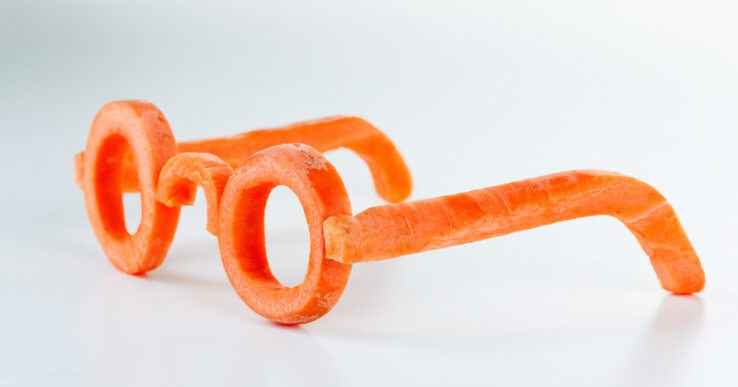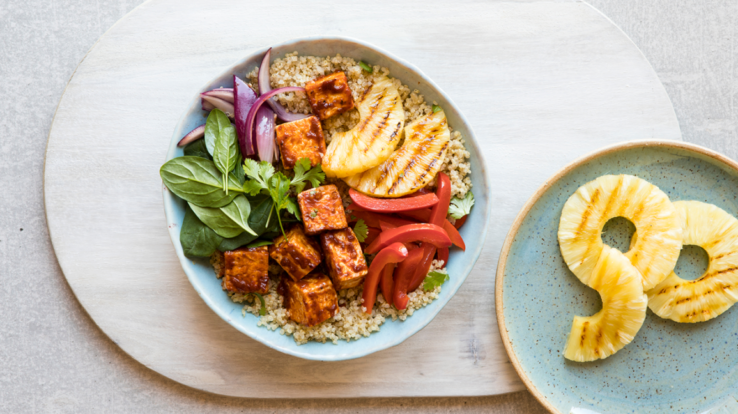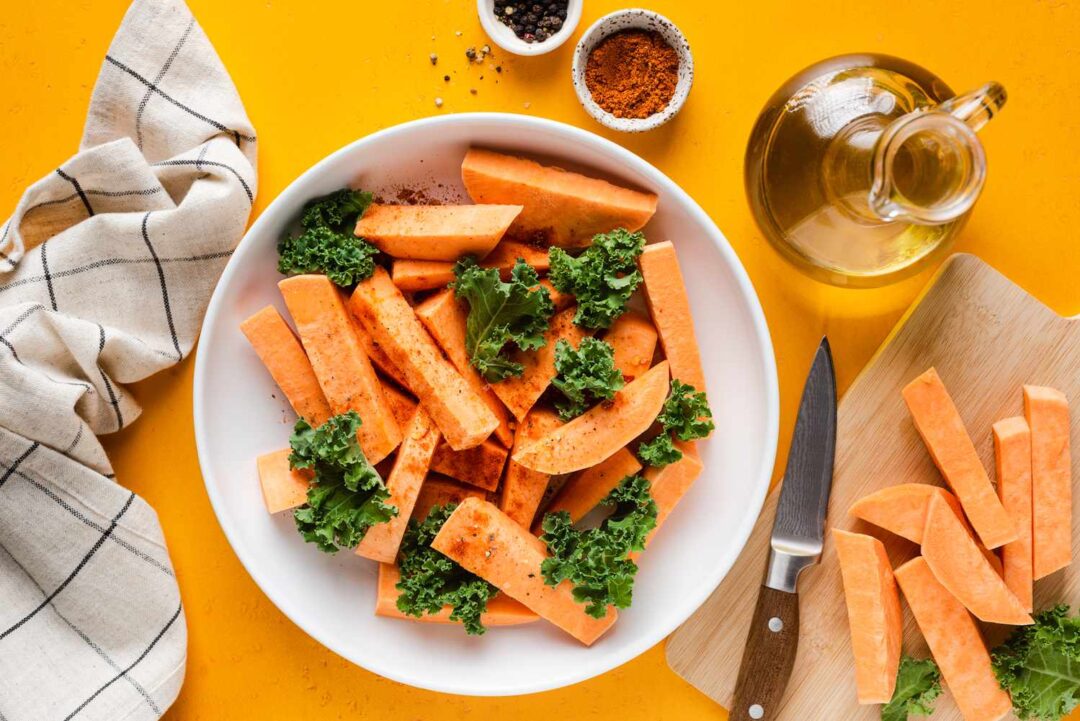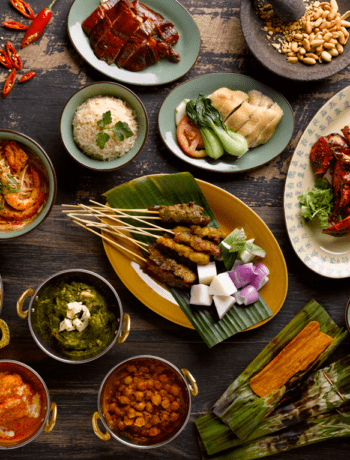Your eyes are windows to the world, and like any valuable asset, they require proper care and nutrition. Nutrients play a crucial role in maintaining and even improving our eyesight. Here, we’ll highlight foods rich in essential vitamins and elements like Vitamin A, Vitamin C, Bioflavonoids, Vitamin E, Selenium, Lutein, Zeaxanthin, Omega-3 Fatty Acids, and Zinc.
1. Leafy Greens
Spinach, kale, and collard greens are not just packed with iron and other nutrients; they are also a powerhouse of Lutein and Zeaxanthin. These carotenoids are renowned for reducing the risk of chronic eye diseases, including age-related macular degeneration (AMD) and cataracts.
2. Fish
Salmon, mackerel, tuna, and sardines are loaded with Omega-3 Fatty Acids. These fatty acids help reduce dry eyes and are believed to ward off macular degeneration.
3. Carrots and Sweet Potatoes

Source: nebraskamed.com
Both these orange-fleshed foods are rich in Vitamin A. Vitamin A is vital for vision; it keeps the eyes healthy and helps prevent night blindness.
4. Berries and Citrus Fruits
Strawberries, blueberries, oranges, and grapefruits are high in Vitamin C. Together with Bioflavonoids, they can reduce the risk of cataracts and AMD.
5. Nuts, Seeds, and Whole Grains
Almonds, flaxseed, chia seeds, quinoa, and brown rice are abundant in Vitamin E, which protects the eyes from harmful oxidative damage. Some of these, like almonds, also have Selenium which complements the effects of Vitamin E for eye protection.
6. Eggs

Source: australianeggs.org.au
Eggs are not only a breakfast favorite but also a source of Lutein, Zeaxanthin, and Zinc. These nutrients can help reduce the risk of age-related vision loss.
7. Legumes
Lentils, black-eyed peas, and kidney beans are rich in Bioflavonoids and Zinc. Both these elements support the retina and lower the risk of macular degeneration and cataracts.
8. Beef
While often considered mainly for protein, beef is also rich in Zinc, helping with Vitamin A absorption and reducing the risk of macular degeneration.
What if You Are Vegetarian or Vegan?

Source: healthline.com
If you follow a vegetarian or vegan lifestyle, fear not — many of the foods listed for optimal eye health are plant-based. Leafy greens, citrus fruits, nuts, seeds, legumes, and whole grains are all staples in vegetarian and vegan diets. For Omega-3 Fatty Acids, which are primarily found in fish, vegans and vegetarians can turn to sources like flaxseeds, chia seeds, walnuts, and hemp seeds.
Additionally, fortified plant-based milk alternatives often come enriched with Vitamin B12 and Vitamin D, crucial for overall health and sometimes a concern for those avoiding animal products. With a well-planned vegetarian or vegan diet, you can obtain all the essential nutrients needed to support and protect your eyes.
Exploring Style and Health Together
While prioritizing our eye health through nutrition is essential, it’s also crucial to protect them from external factors like UV rays and blue light. For those who need prescription lenses or simply want an added layer of protection, choosing the right eyewear can make all the difference. Investing in high-quality frames, like Versace glasses, not only ensures you’re shielding your eyes with the best lenses but also guarantees you’re doing so in style. After all, combining health and fashion ensures you’re seeing the world clearly and looking good while doing it.




